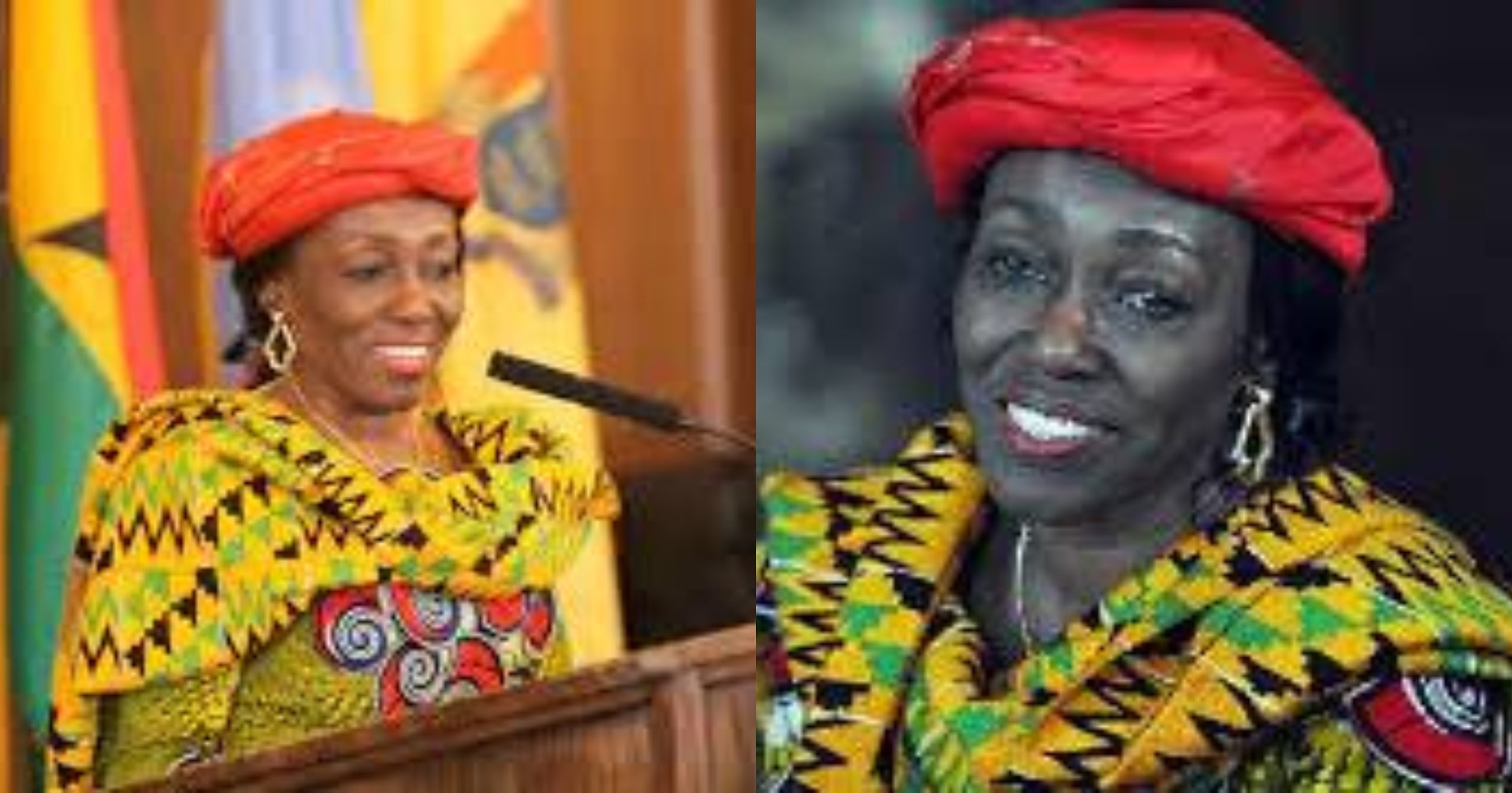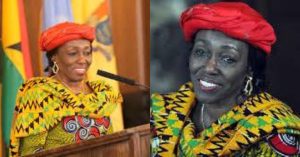
Konadu Agyeman Rawlings, a prominent figure in Ghana’s political and social landscape, has died at the age of 76. Her death marks the end of a remarkable life dedicated to public service, social progress, and family leadership.
Konadu Rawlings was well known for her role as Ghana’s First Lady during her husband, Jerry John Rawlings’ presidency. Her influence extended beyond the traditional responsibilities of a first lady. She was an active supporter of women’s empowerment and social development initiatives, advocating for education, health, and economic opportunities for women and youth across Ghana. Her philanthropic work and commitment to societal betterment earned her respect both nationally and internationally.
Her political journey was closely intertwined with her late husband’s. Konadu Rawlings was a founding member of the National Democratic Party and later played key roles in national politics, notably as the founder of the National Democratic Congress (NDC) Women’s Wing. Her political ambitions, particularly her bid to become the Presidential Candidate for NDC in 2012, showcased her determination to break barriers for women in Ghanaian politics. Although she faced setbacks, her advocacy for gender equality and political participation remains influential.
Konadu’s social life was characterised by her dedication to family and community service. She was a devoted mother and grandmother who prioritised family values and education. Her influence extended to her children, some of whom have followed her footsteps into public service and leadership roles. Her family legacy is seen as a reflection of her commitment to nation-building and social unity.
Her relationship with her late husband, J.J. Rawlings, was marked by mutual respect and shared dedication to Ghana’s progress. Their union was often cited as a partnership rooted in a shared vision for national development, and her support played a significant role throughout J.J. Rawlings’ political career.
As Ghana mourns her passing, many remember Konadu Rawlings for her resilience, her unwavering commitment to social justice, and her role as a trailblazer for women’s empowerment in Ghanaian politics. Her legacy will continue to inspire generations to strive for a better Ghana, grounded in equality, development, and unity.




